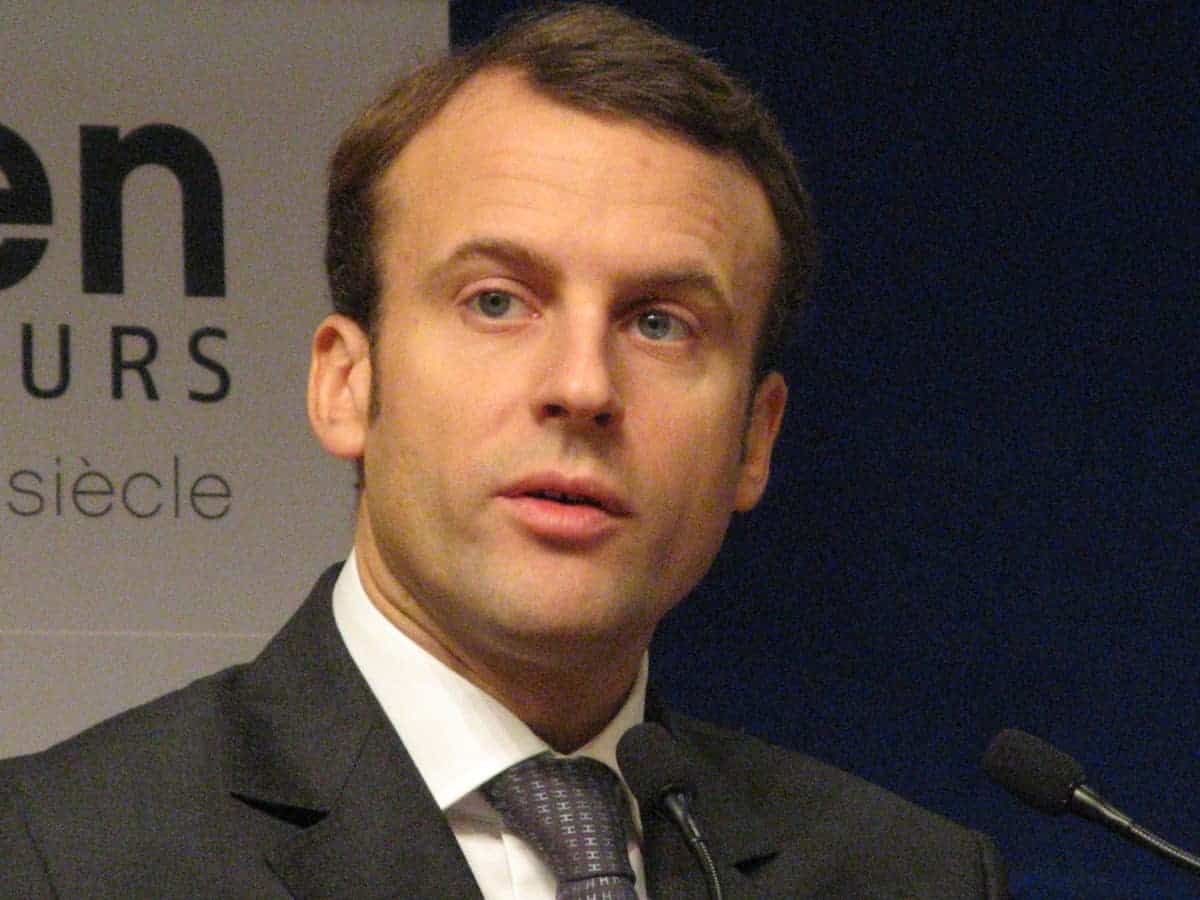Kigali: In a key speech on his visit to Rwanda, French President Emmanuel Macron said he recognises that France bears a heavy responsibility in the 1994 genocide in the central African country.
Macron solemnly detailed how France had failed the 800,000 victims of the genocide but he stopped short of an apology.
France was not an accomplice in the genocide but ended up siding with Rwanda’s genocidal regime” and bore an overwhelming responsibility in the slide toward the massacres, the French leader said, speaking Thursday at the genocide memorial in the capital, Kigali.
France has a role, a history and a political responsibility in Rwanda. It has a duty: That of looking history in the face and recognising the suffering that it inflicted on the Rwandan people by favoring silence over the examination of truth for too long, Macron said.
When the genocide started, the international community took close to three months, three interminable months, before reacting and we, all of us, abandoned hundreds of thousands of victims.
France’s failures contributed to 27 years of bitter distance between the two countries, he said.
I have to come to recognize our responsibilities, Macron said.
Macron arrived in Kigali early Thursday and met President Paul Kagame at the presidential residence.
Macron then toured the memorial to the frenzied 1994 slaughter in which Hutu extremists killed mainly minority Tutsis and moderate Hutus who tried to protect them.
Macron’s trip builds on a series of French efforts since his election in 2017 to repair ties between the two countries.
Two reports completed in March and in April that examined France’s role in the genocide helped clear a path for Macron’s visit, the first by a French president in 11 years.
The previous visit, by Nicolas Sarkozy in 2010, was the first by a French leader after the 1994 massacre sent relations into a tailspin. Rwanda’s government and genocide survivor organizations often accused France of training and arming militias and former government troops who led the genocide.
Kagame, who has been Rwanda’s de facto leader since 1994 and its president since 2000, has won praise abroad for restoring order and making advances in economic development and health care. But rights watchdogs, dissidents, and others accuse Kagame of harsh rule.

